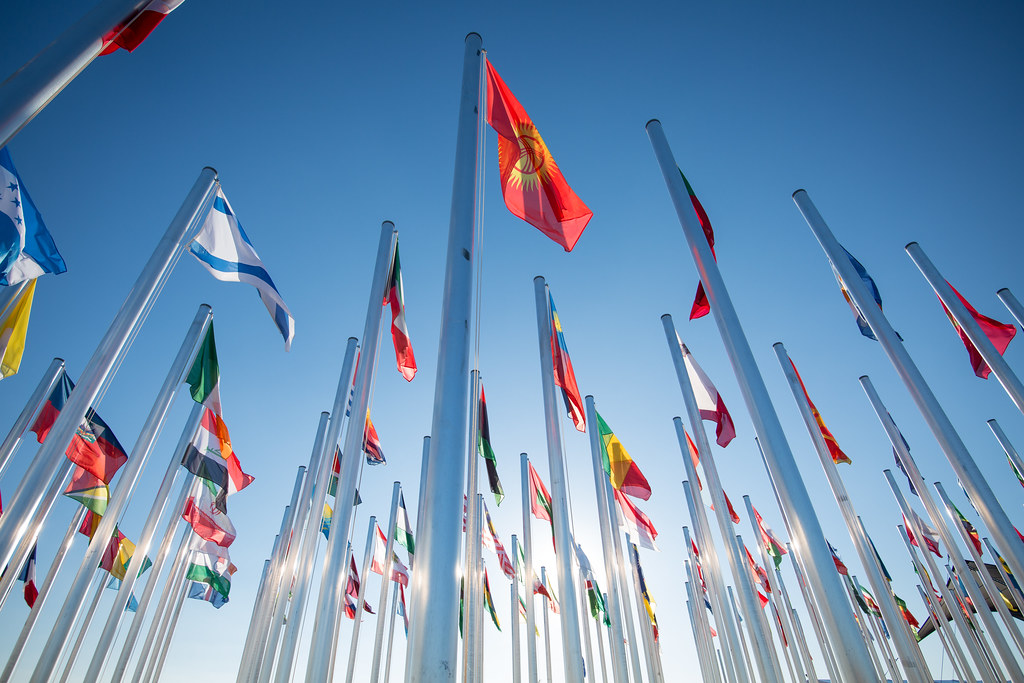The Paris Agreement is a landmark agreement aiming to combat climate change, including through dedicating appropriate resources to this endeavour. It provides obligations to developed country Parties to provide financial resources, take lead in mobilizing climate finance and communicate on indicative and provided and mobilized climate finance. This paper reviews progress made since Paris to operationalize the Agreement, such as the adoption of a Work Programme during COP24 and the advancement of matters related to climate finance.
Adoption of the Paris Agreement on 12th December 2015 is the culmination of more than a quarter century of climate change diplomacy with climate finance being at the core of the negotiations. The Paris Agreement is a landmark agreement aiming to combat climate change and to accelerate and intensify the actions and investments needed for climate resilient and sustainable low greenhouse gases development. In addition to climate finance, the Agreement also provides for mitigation, NDCs, adaptation, loss and damage, technology development and transfer, capacity building, transparency, stocktake, compliance and administrative issues.
Specifically, the Agreement’s mandates on climate finance are mainly stipulated under Article 9 (1-9) and also paragraph 52 to 64 of the decision part of the agreement. These provide for obligation to developed country Parties to provide financial resources, take lead in mobilizing climate finance and communicate on indicative and provided and mobilized climate finance. Other Parties have also been encouraged to perform these mandates. The Agreement also provides for financial mechanism (of the UNFCCC) and its operating entities to serve under it. This also include the UNFCCC secretariat and other entities, specifically the Standing Committee on Finance. Since COP21 in Paris, progress has been made to operationalize the Agreement including adoption of its Work Programme during COP24 and advancement of matters related to climate finance. These include decisions to initiate deliberations on setting a new collective quantified goal from a floor of USD 100 billion per year at CMA3 in 2020;
urging developed country Parties to meet their obligation of mobilising USD 100 billion per year by 2020; agreeing the Adaptation Fund shall serve the Paris Agreement; and welcoming the first formal and seventh replenishment of Green Climate Fund and Global Environment Facility respectively. Also, Parties agreed on both ex-ante and ex-post information to be biennially communicated by developed country Parties starting in 2020 as per the specified information which will be housed on a dedicated online portal to be established.
African developing and least developed country Parties played a key role in the whole process as individual Party and as part of the regional and/or political groups. African’s concerns and interest on climate finance remain on access to climate finance resources; having a balance between adaptation and mitigation; ensure reliable sources of financing and maintain the current governance structure for the Adaptation Fund; financing actions to address loss and damage; having a robust reporting framework for indicative, provided and mobilised climate resources; and on setting a new ambitious and scientifically-based quantified climate finance goal that will reflect African needs and priorities.
Moving forward, Parties need to embrace the spirit of collaboration and compromise that made possible for the Paris Agreement to be adopted in 2015. Also, to ensure its implementation on climate finance and take into account interests of African developing and least developed countries; Parties should ensure multi- stakeholders’ approach; strengthen compliance mechanism and transparency framework; and make best-use of technological advancement. Also, African countries should innovatively mobilise domestic resources to complement the international climate funding; create new and strengthen existing partnership between Africa countries.
